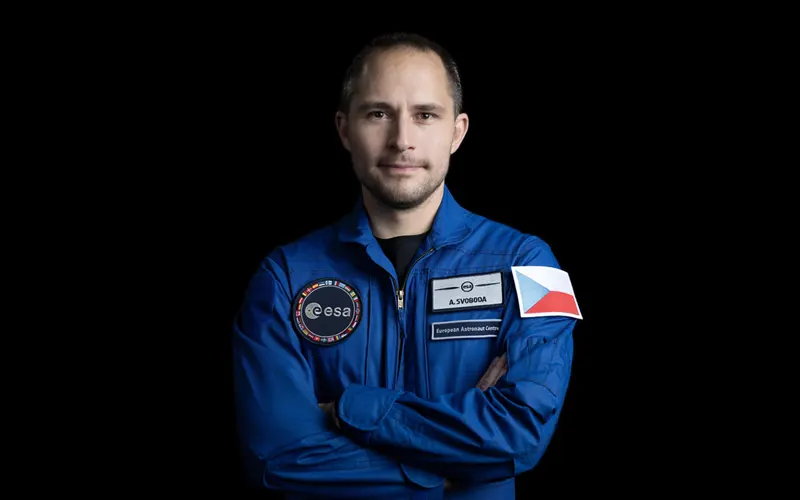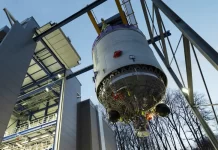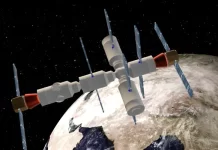
The Czech Ministry of Transport has selected 14 experiments to be conducted by Aleš Svoboda during an Axiom-managed mission to the International Space Station.
In September 2024, the Czech government signed an agreement with the US-based commercial spaceflight company Axiom Space. Under the agreement, Aleš Svoboda, one of the twelve ESA astronaut reserves selected in November 2022, will be carried to the International Space Station (ISS) aboard an Axiom-managed SpaceX Crew Dragon mission. The initiative is the crown jewel of the country’s Czech Journey to Space project, which aims to stimulate the growth of the Czech space industry.
While Svoboda is aboard the ISS, he will be tasked with completing several experiments and outreach projects. In 2024, the country’s Ministry of Transport issued a call for proposals for the mission’s experiments. A total of 70 proposals were received, with 25 selected for further development. The proposals were then evaluated by European Space Agency experts, who provided recommendations to the Czech committee. On 23 April, the Ministry of Transport announced the 14 experiments that had been selected.
The selected experiments include investigations into the behaviour of the immune system and the reactivation of viruses in space, the performance of magnetic microrobots in microgravity, and the resistance of extremophilic microalgae to harsh space conditions. Other projects will explore how spaceflight affects cognitive performance under stress, the development of spring barley in microgravity, and early embryonic development under cosmic radiation.
“Work on building the experiments needs to start as soon as possible so that the first instruments are ready for transport to the International Space Station (ISS) as early as 2027,” said Minister of Transport Martin Kupka. “They should be completed before the mission of Czech astronaut Aleš Svoboda, which is expected to take place around the turn of 2027 and 2028.”
According to a 23 April press release, ESA, acting under the Ministry of Transport’s direction, will begin negotiations with project leads this week, aiming to finalise contracts and start implementation by June. This process will include reducing and simplifying the experiments to ensure they can be carried to the station, fitting within a limited capacity of approximately 50 litres of volume and 15 kilograms of weight.




